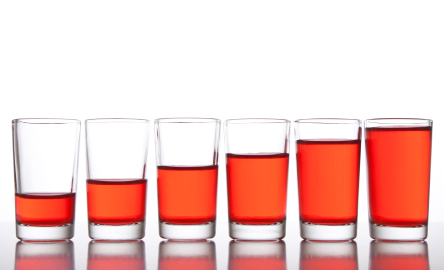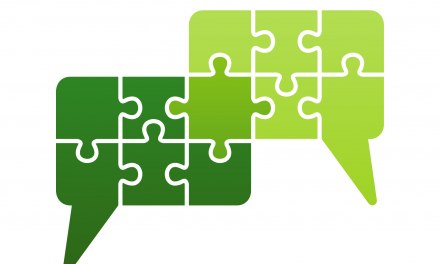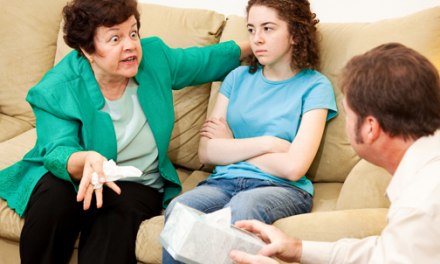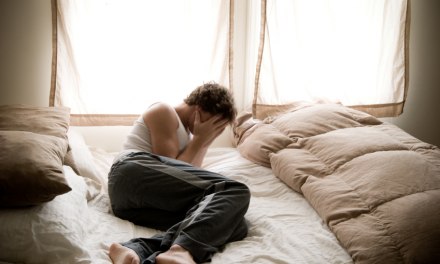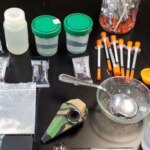Here’s a first person account from a young Brit who finds himself suddenly without access to his favorite pubs (it’s a pandemic, right?) and with a 3 month old infant in the home. This interferes with his self-confessed “habit” of going to pubs and drinking to the point of intoxication. He’s resolved to change. But he’s come up with what he admits is an unusual strategy: he plans to keep on drinking, but only at home. He figures he may wind up actually drinking more (and more often) than previously, but hopes it will result in fewer problems for him and his family.
I had outgrown bingeing and hangovers – so I decided to drink more often
As for his current pattern, he doesn’t specify amounts, but makes it clear that he frequently comes home drunk — waking up the following morning with a bad hangover, feeling deeply ashamed of himself.
It occurs to me that based on his own account, he would probably tick at least four boxes for an Alcohol Use Disorder per DSM5. They would be:
- Alcohol taken in larger amounts or over a longer period than intended. Sounds like he rarely stops short of drunkenness.
- Unsuccessful efforts to cut down or control alcohol use. This is why he’s planning to change. On some level, he must suspect he’s no longer completely in control of his own behavior.
- A great deal of time spent in activities related to drinking, or recovering from its effects. One thing about bingeing on a regular basis: it’s a real time bandit. And the mornings after? Also not conducive to productivity.
- Craving, or a strong desire / urge to use alcohol. I can’t remember encountering a binge drinker who didn’t qualify for this one. It could signal a growing compulsion, in which case the urge would actually become stronger as he consumed more alcohol.
Given the human tendency to minimize amount consumed, it’s possible still more symptoms will emerge to push his score higher. Right now he’d probably qualify as AUD, moderate or severe.
In normal circumstances I imagine he’d go on with this pattern. But those circumstances have changed.
Now for the plan he espouses:
- First, buy better quality booze. Currently he’s been spending the equivalent of 3 pints at the pub ($13.30 US). Now, he decides, he’ll switch to higher grade stuff.
- No more waiting– he’ll start in drinking before dinner instead of waiting to go to the pub. Which isn’t open anyway, and that’s the lone “kid friendly” establishment in his area.
Wait a minute– is he taking the infant along on these pub binges? Surely not. Please tell me he’s not.
‘So far,’ he concludes, the plan is going great. Quote: “…it hasn’t been a hard habit to keep up.” Now he’s imbibing during Zoom calls with his friends. That he feels adds an element of ‘controlled social drinking’ to the experience.
Seems as if every time I run into a case like this, at some point the drinker asks for my opinion on whether he might need professional help. So far I’ve yet to say no. The drinker then politely declines, on the grounds that he doesn’t feel he needs help at this point. Instead, he promises to keep a close eye on things and if problems do arise, then he’ll do something about it.
Sure he will.
Some clinicians will suggest a precautionary visit in a few weeks or months, to see how things are going. Others urge the drinker to keep a journal of his consumption and the results, for later review. The idea is to facilitate a higher level of self-awareness.
It’s important to avoid having this turn into a kind of game in which the incentive is on the side of the patient’s lying or cheating to the therapist about how much or how often he’s drinking. That’s counter-productive. Goodhart’s Law, remember?
Meanwhile, I sure hope someone else is around to watch that kid when he’s busy ‘controlling’ his intake. I have a true horror story along those lines that I won’t share with you — on the grounds that I wish I could forget it, but I can’t.

